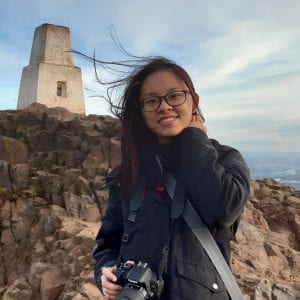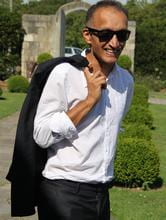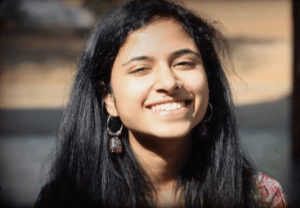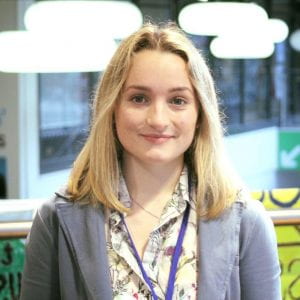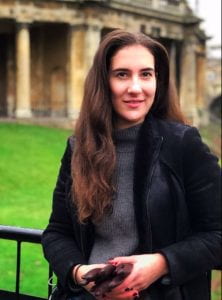We’ve been asking current postgraduate, Lixuan, some questions about settling in to postgraduate life at Bristol.
At our upcoming undergraduate to postgraduate live chat, you can talk to postgraduate ambassadors like Lixuan so that you make an informed decision about undertaking postgraduate study. If you already know you’re coming to Bristol, chatting to our ambassadors can help you be prepared to start your postgraduate journey when you arrive.
What has the difference from undergraduate study to postgraduate study been like for you?
Coming from a chemistry background in undergraduate study, the course content in MSc Biomedical Sciences Research is a completely different discipline. I find it challenging but interesting as this is where my interests lie. The main thing that sparked my interest are the depth and breadth of my lecturers’ knowledge. They always speak about the topic with so much enthusiasm that us students cannot help but get involved in as well. I was also unprepared with how much self-directed studying we have, although help is always available from our personal tutor and programme director.
I find that you have to take a lot of initiative to be able to make the best out of your master’s programme. You can apply for internships or attachments, get career advice, and join workshops to prepare yourself for the future; but if and only if you take the initiative to follow through. I have the chance to have an attachment in the field I’m interested in, thanks to a lot of hustling! From my point of view, the opportunities for personal and career growth are never lacking in UoB.
“You can apply for internships or attachments, get career advice, and join workshops to prepare yourself for the future; but if and only if you take the initiative to follow through.”
How did you find settling in to the city of Bristol?
I find the experience of being in Bristol novel and thrilling, as this is my first time being away from my home country for longer than 6 months. Bristol is a truly amazing place to explore your passions, especially if you appreciate art and music. Travel-wise, it is the best base to go to London, Bath, Salisbury and other nearby places of interest. Bristol airport also has cheap flights to many other countries which makes it easy to catch the travel bug. For me personally, Bristol is busy enough to be fascinating but not too hectic that I feel drained living here. The accommodation I’m currently living in is tip-top as well and a stone’s throw away from the city centre.
“Bristol is a truly amazing place to explore your passions, especially if you appreciate art and music. Travel-wise, it is the best base to go to London, Bath, Salisbury and other nearby places of interest.”
How did you find the first few months of postgraduate life?
The first few months in postgraduate study flew by so fast. We had classes, assignments and exams to study for. Socially, there are University activities every week and hang-outs with friends, so there’s never a quiet weekend. I wish I knew how much work we had to do and how to schedule my time effectively before starting the course. However, this is a skill I’m learning on my own as the course continues. I would have warned myself to layer up more in winter, as the cold chill is not fun most of the time!
What is the role of a PG ambassador? Why is it helpful to talk to an ambassador before you arrive?
A PG ambassador aims to use his/her own personal experience to provide a reference for prospective students. It would have been great to have a graduate from my current programme to talk to prior to coming to the University. An ambassador could provide unique insights in not only the academic aspect but the after hours student life: where is the cheapest place for lunch, the hidden nook in libraries, best pub for live jazz etc., which for me makes the student experience worthwhile.
All in all, studying in UoB is a challenge, which is expected from a top 50 university. Academically, this is one of the best universities to be in. Socially, you will most definitely find your crowd in and out of the University.


